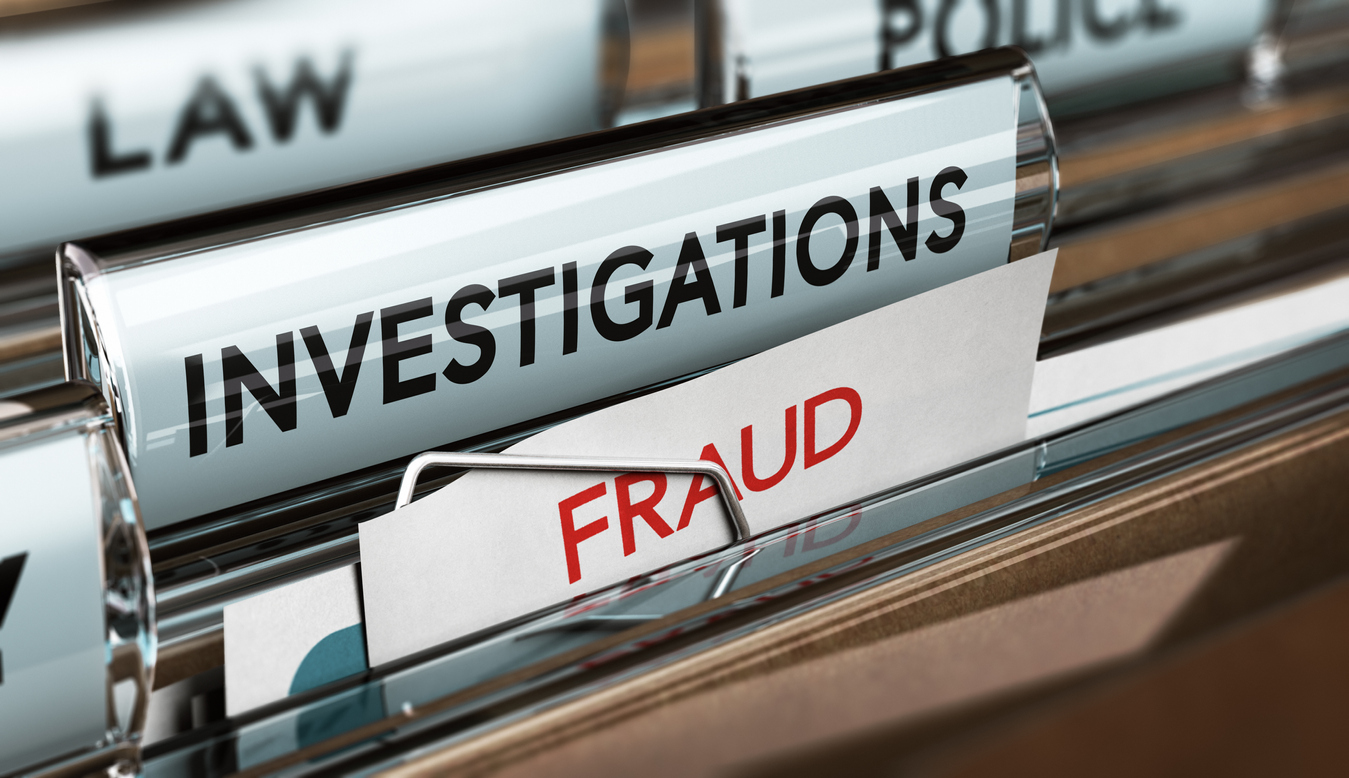I wrote a post eight years ago: Public Adjuster Arrested For Intentionally Inflated Fire Claim Denies Allegations. The post had a long public denial by the public adjuster. The charges were dismissed. The public adjuster brought a malicious prosecution and other claims against those involved with his arrest. A recent summary judgment Order1 ruled against the public adjuster.
Like many jurisdictions, evidence of suspected insurance fraud in Florida is required to be turned over to authorities. The defendant’s Motion for Summary Judgment noted the following:
Section 626.989, Florida Statutes, requires that insurers report suspected fraudulent activity relating to insurance matters:
any insurer, agent, or other person licensed under the code, or an employee thereof, having knowledge or who believes that a fraudulent insurance or any other act or practice which, upon conviction, constitutes a felony or misdemeanor under the code, or under s. 817.234, is being or has been committed shall send to the [DFS] a report or information pertinent to such knowledge or belief and such additional information relative thereto as the department may request. . . . [DFS] shall review such information or reports and select such information or reports as, in its judgment, may require further investigation. It shall then cause an independent examination of the facts surrounding such information or report to be made to determine the extent, if any, to which a fraudulent insurance act or any other act or practice which, upon conviction, constitutes a felony or a misdemeanor under the code, or under s. 817.234, is being committed. [DFS] shall report any alleged violations of law which its investigations disclose to the appropriate licensing agency and state attorney or other prosecuting agency having jurisdiction. . .
Because section 626.989(6) requires insurers and their employees to report even suspected fraudulent activity, the statute affords them qualified immunity from civil liability arising out of reports to DFS, as long as the report is made in good faith:
In the absence of fraud or bad faith, a person is not subject to civil liability for libel, slander, or any other relevant tort by virtue of filing reports, without malice, or furnishing other information, without malice, required by this section or required by the department or division under the authority granted in this section, and no civil cause of action of any nature shall arise against such person:
1. For any information relating to suspected fraudulent insurance acts or persons suspected of engaging in such acts furnished to or received from law enforcement officials, their agents, or employees;
2. For any information relating to suspected fraudulent insurance acts or persons suspected of engaging in such acts furnished to or received from other persons subject to the provisions of this chapter;
3. For any such information furnished in reports to the department, the division, the National Insurance Crime Bureau, the National Association of Insurance Commissioners, or any local, state, or federal enforcement officials or their agents or employees; or
4. For other actions taken in cooperation with any of the agencies or individuals specified in this paragraph in the lawful investigation of suspected fraudulent insurance acts.
The Florida statute and others like it are significant. Those licensed by the insurance code must turn over information of insurance fraud to authorities. However, they are immune from civil liability so long as the information is not fraudulent or in bad faith.
The public adjuster’s brief opposing summary judgment argued that the investigation of the defendants was in bad faith and malicious:
[T]here exists strong record evidence that the Department did not conduct an independent investigation, and that the Defendants conducted the investigation on the Department’s behalf! Moreover, with regard to malice, the sheer amount of misleading and false evidence transmitted by the Defendants to the Department provides an ample basis upon which a jury could determine the Defendants to have acted with malice and therefore outside the safe harbor provisions of § 626.989, Fla. Stat. (2020).
The judge disagreed. Absent appeal, the case is closed.
From my review of the facts, it appeared that there should never have been a prosecution. The insurance company’s original estimates severely underpaid the claim assuming the appraisal panel finding was accurate. From a percentage basis, it is arguable that the insurance estimates were more wrong than the public adjuster’s estimate.
There are always lessons in disputes and claims from which it is easier in hindsight to learn. Recently, I have been presenting at seminars about how important it is for public adjusters, contractors, and policyholders to be accurate. Mistakes, in the eyes of some, can be seen as fraud. Laziness or hastiness can cause errors in estimates and the descriptions of loss. It is pretty easy for others to suggest that mistakes are fraudulent when it is in their economic interest to do so.
Be careful regarding your work and what you report to insurance companies and their adjusters.
Thought For The Day
Everyone is entitled to his own opinion, but not his own facts.
—Daniel Patrick Moynihan
_________________________________
1 Leverett v. Capacity Ins. Co., No. CACE15003338 (Fla. Cir. Ct. Mar. 21, 2022).




